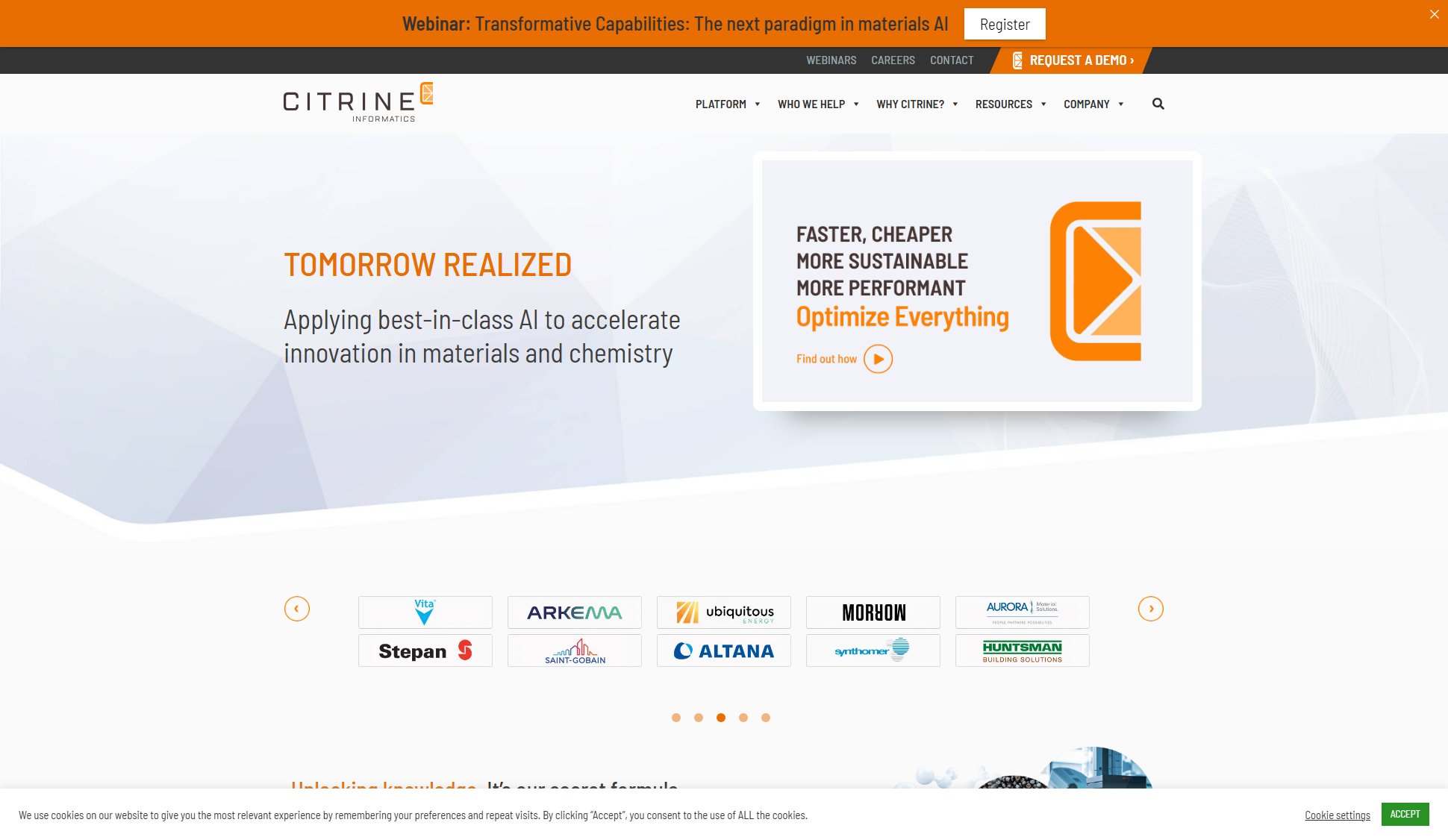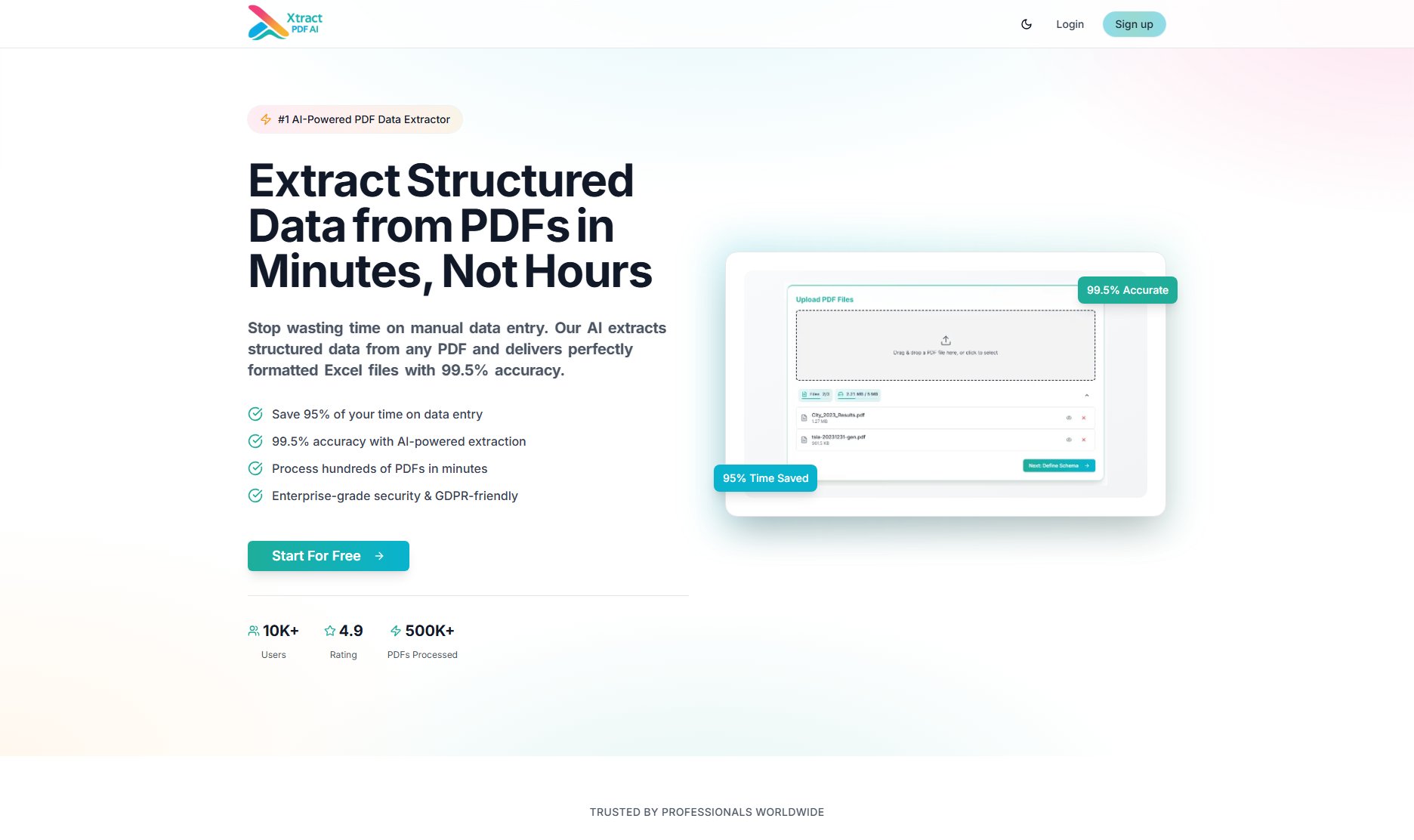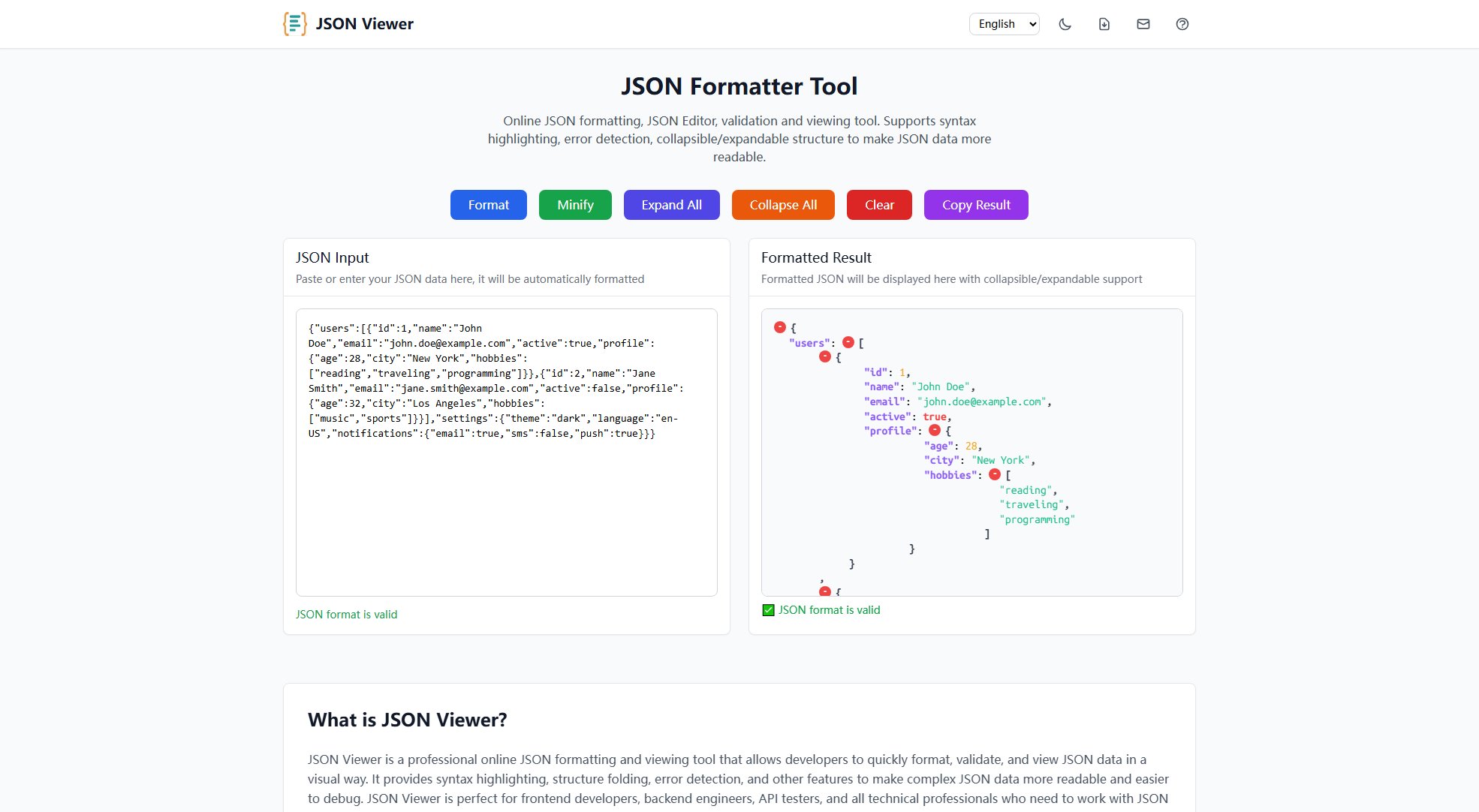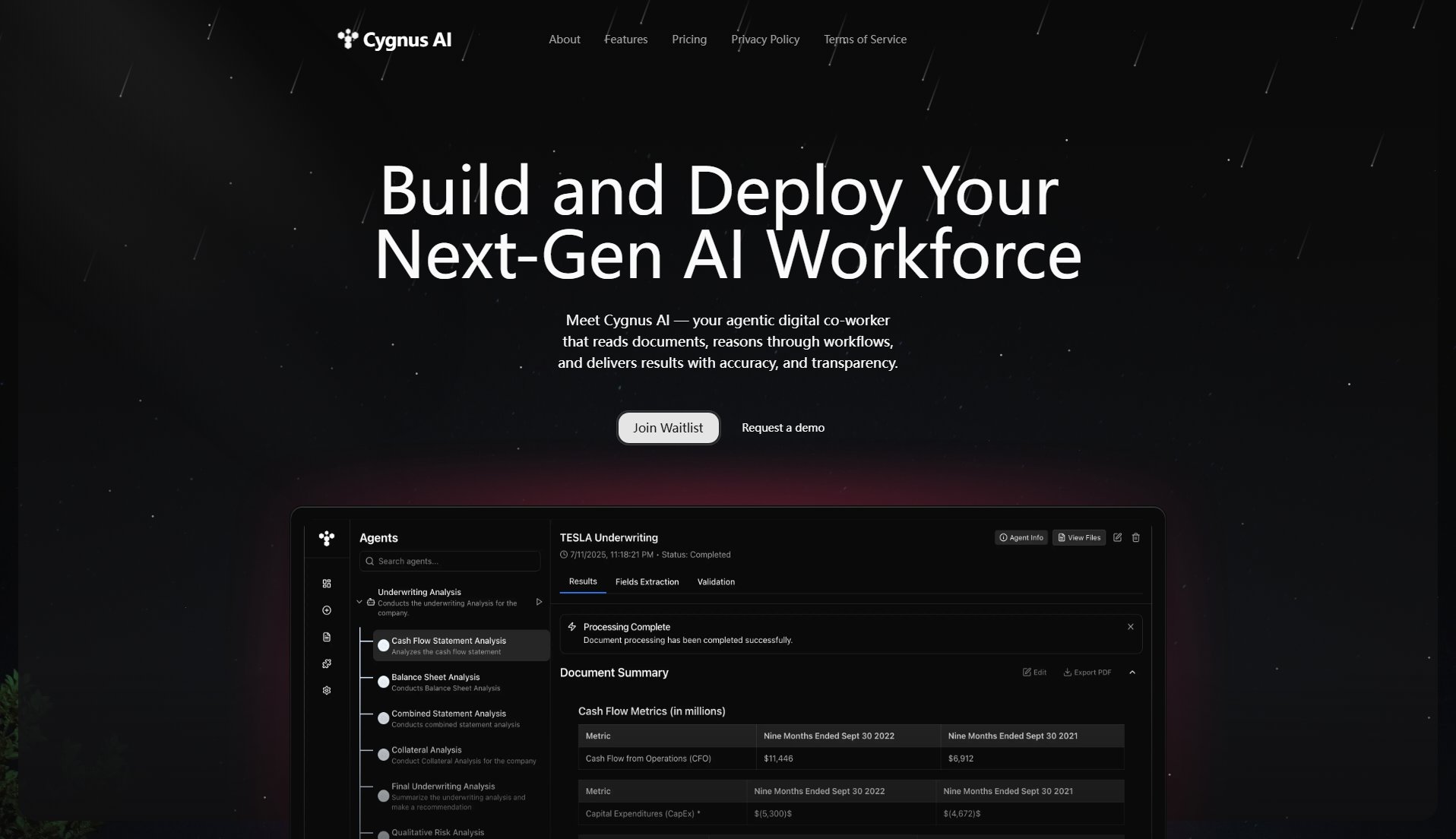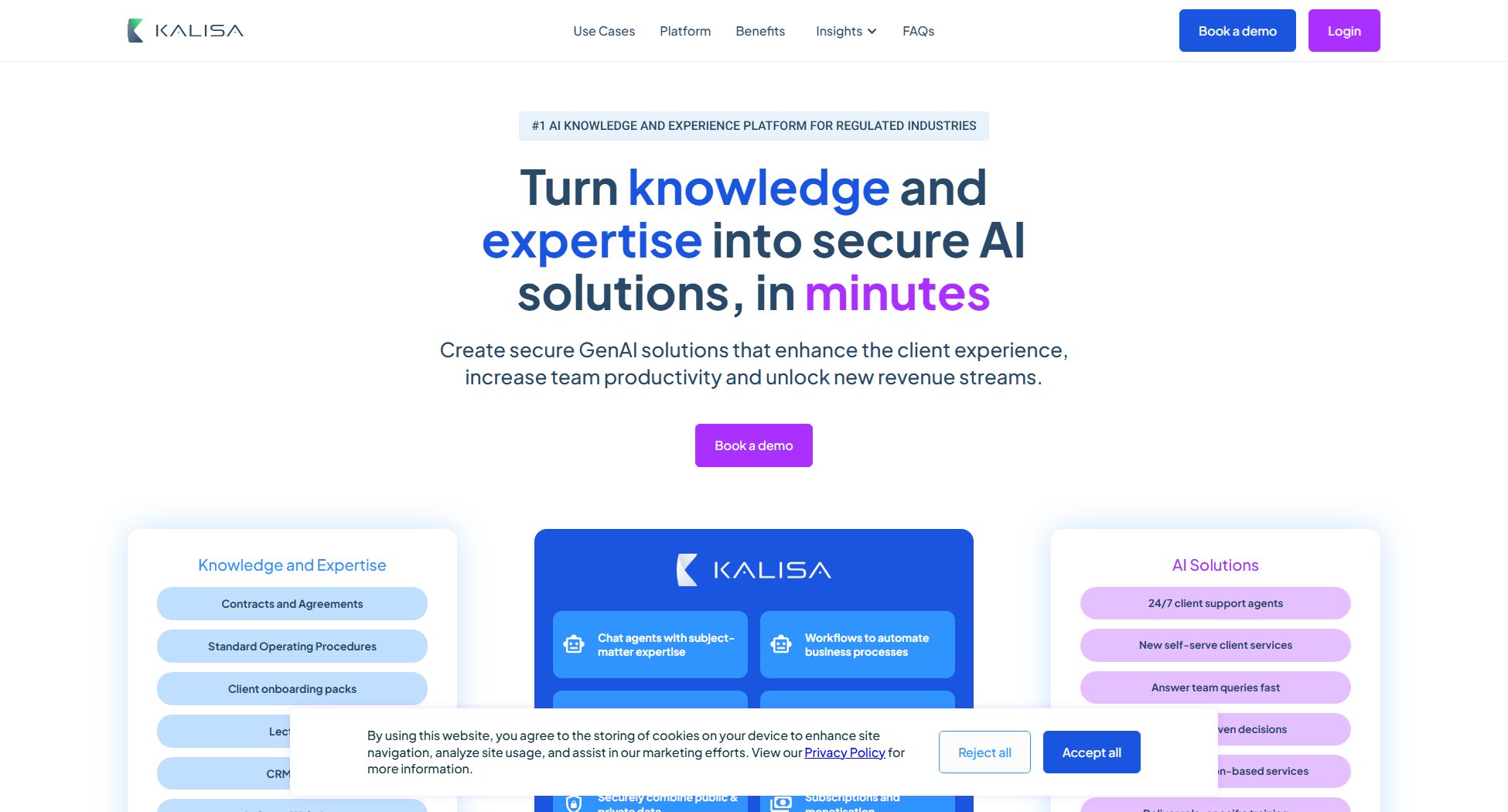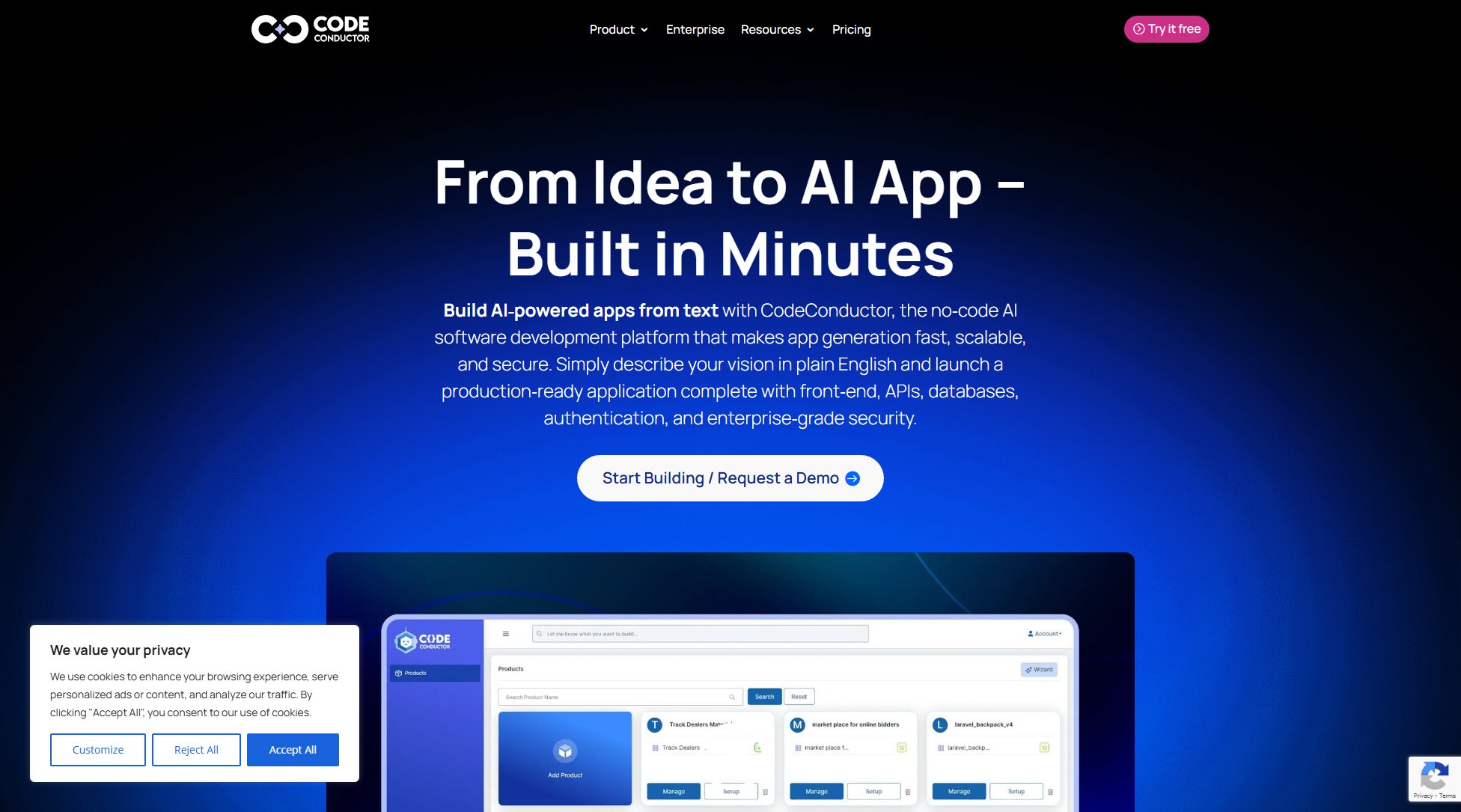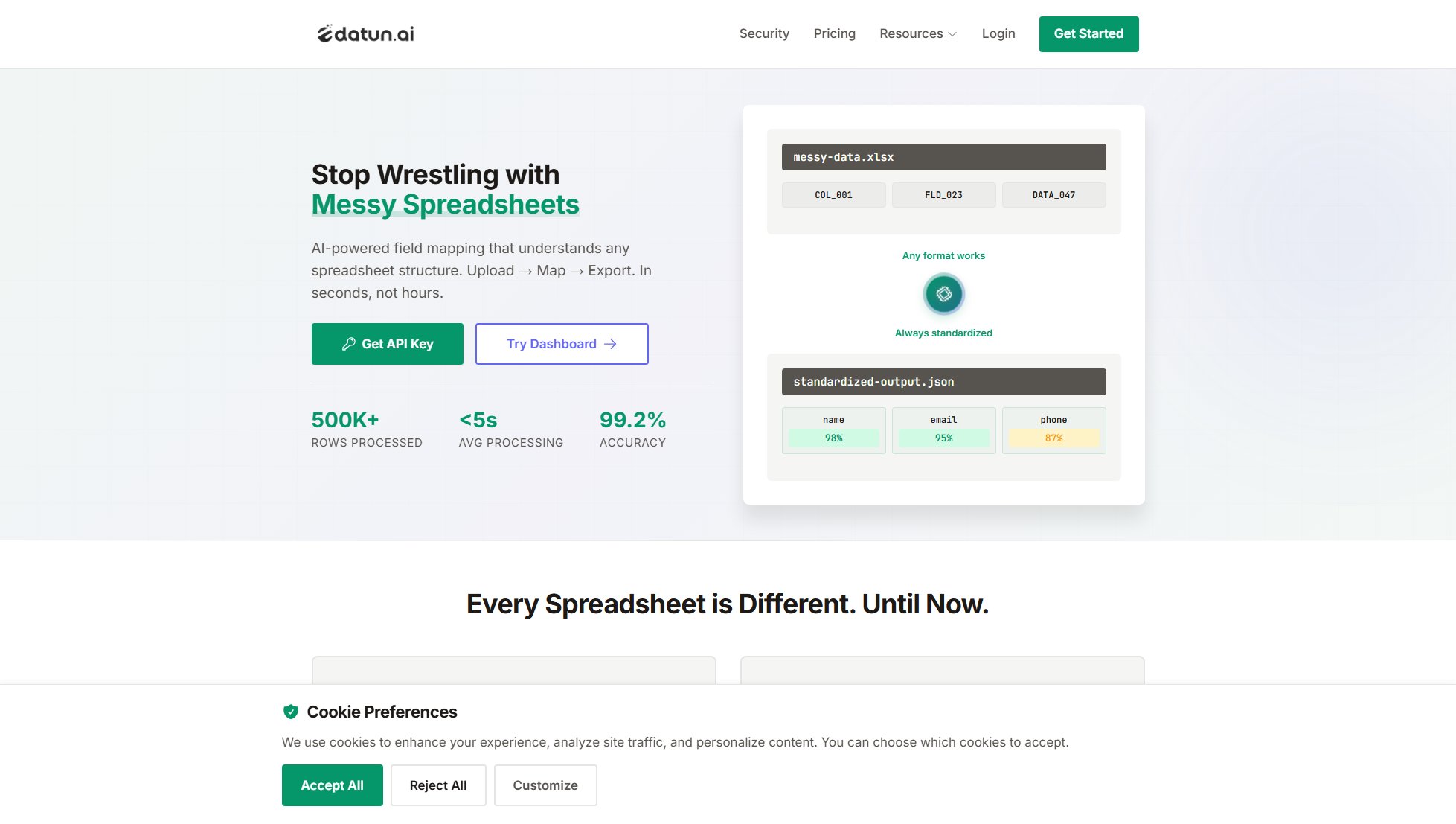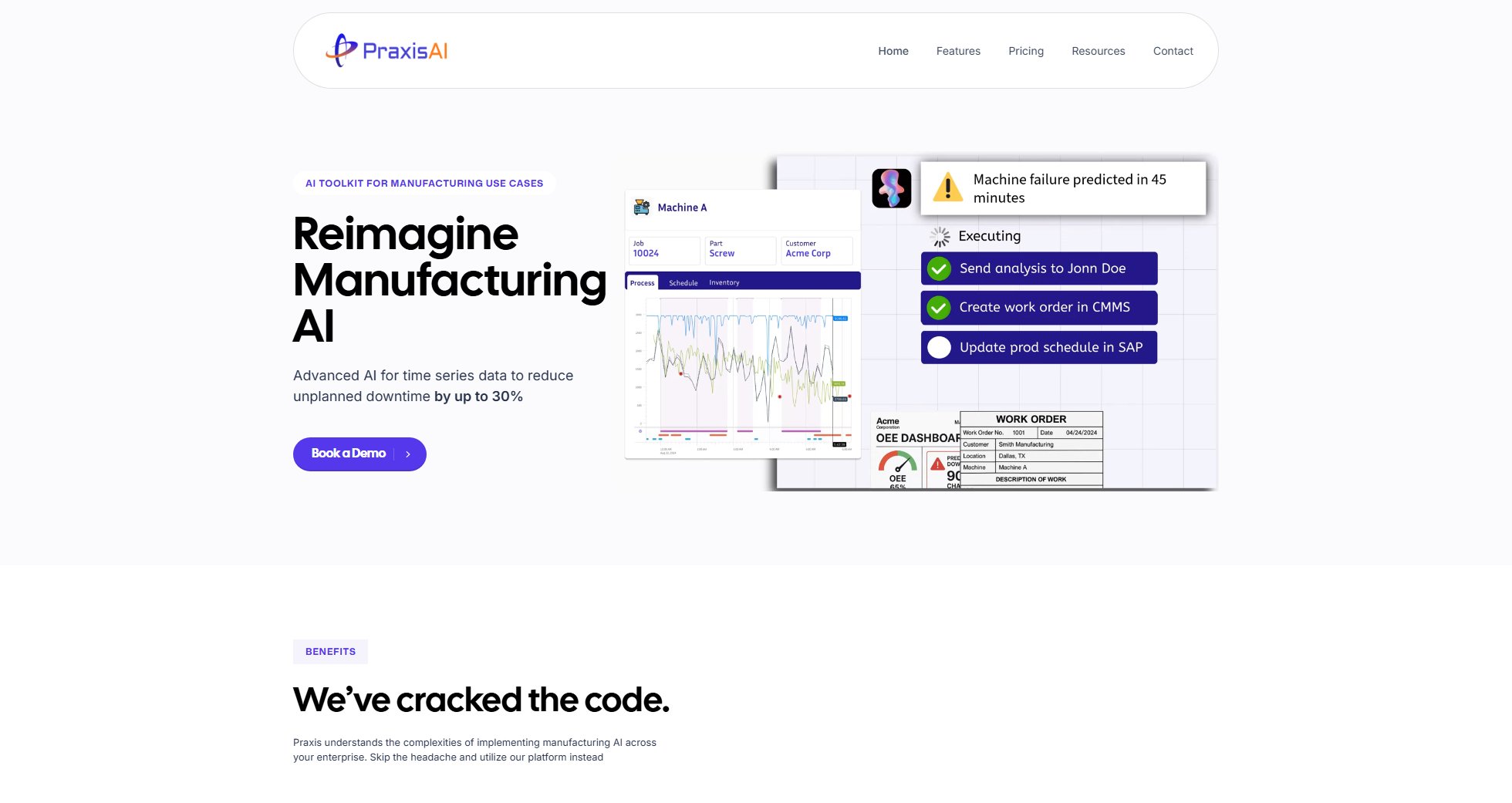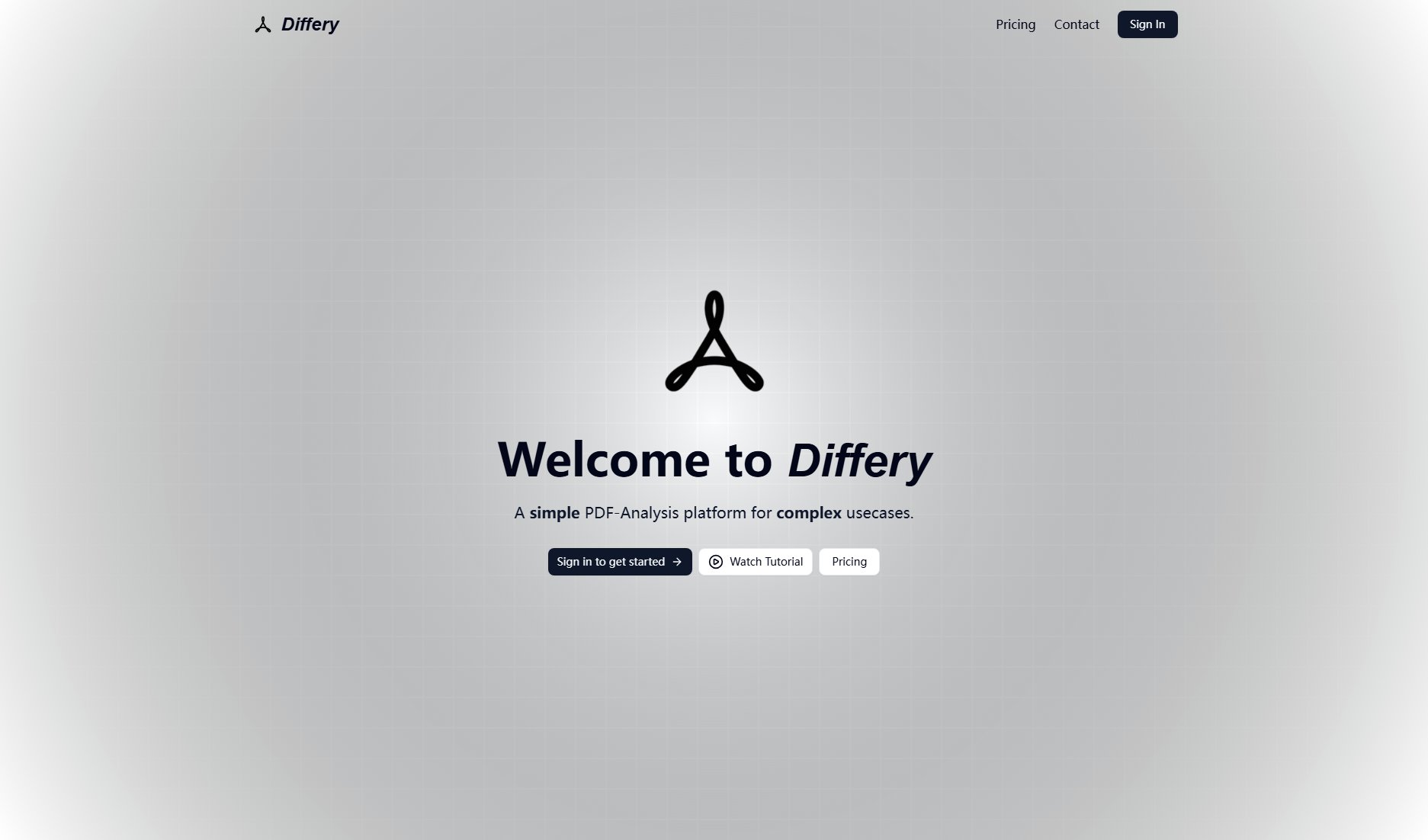Eventual
Revolutionizing multimodal data processing with Daft engine
What is Eventual? Complete Overview
Eventual is building generational technology to simplify and make reliable multimodal data processing a reality. Their innovative approach creates a query engine for the future that handles images, video, audio, and text with the same simplicity and reliability that SQL brought to tabular data decades ago. The company's flagship product, Daft, liberates engineers from becoming distributed systems experts, allowing them to process petabytes of multimodal data with declarative queries. Eventual's solution addresses the pain point where engineers spend 70% of their time wrestling with infrastructure never designed for AI workloads instead of solving actual AI problems. Their technology is already processing petabytes daily at companies like Amazon, MobilEye, and CloudKitchens, proving that multimodal data processing doesn't need to rely on outdated infrastructure approaches.
Eventual Interface & Screenshots
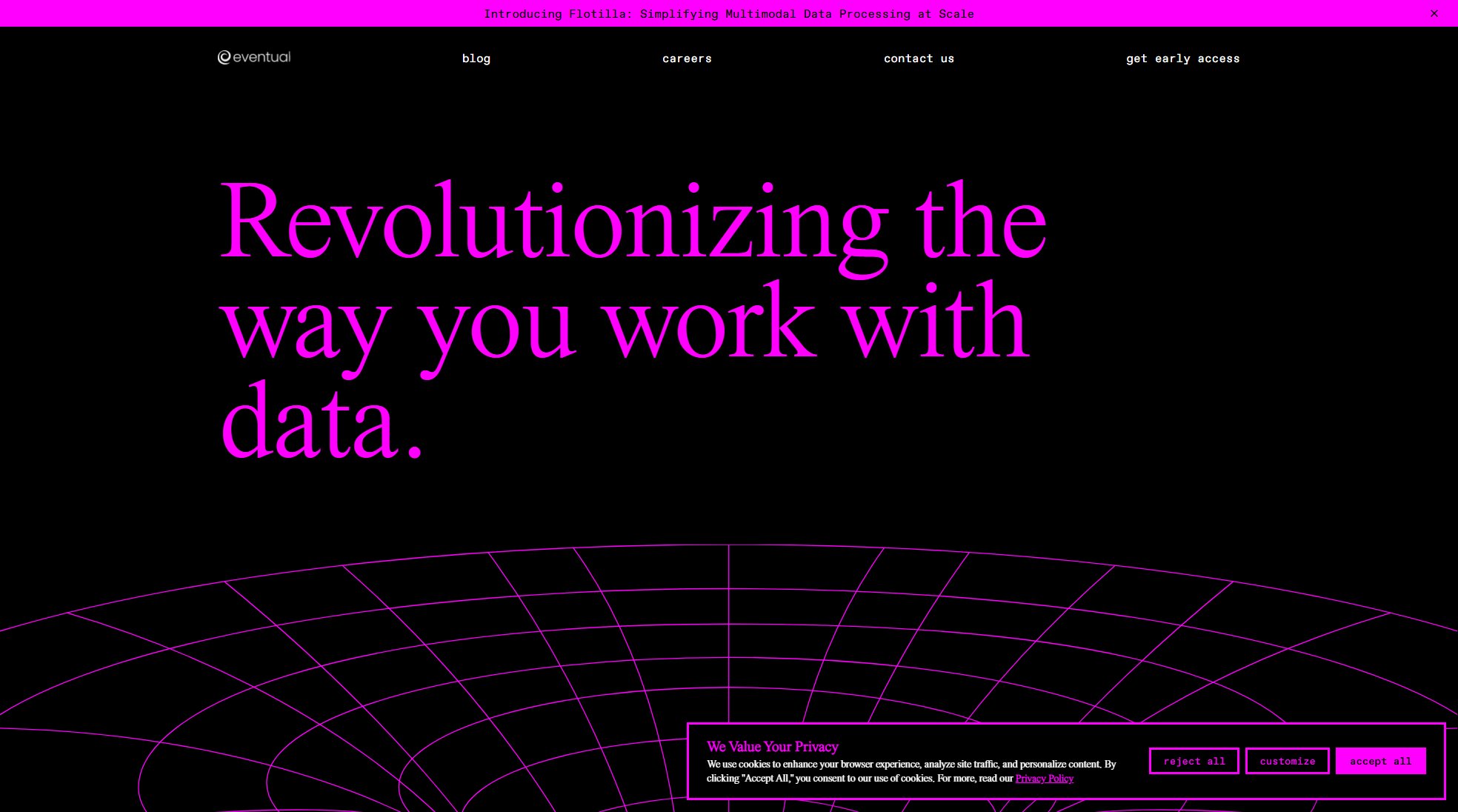
Eventual Official screenshot of the tool interface
What Can Eventual Do? Key Features
Daft Engine
Eventual's core technology, Daft, is a revolutionary query engine designed specifically for multimodal data processing. It handles diverse data types including images, video, audio, and text with SQL-like simplicity, eliminating the need for engineers to become distributed systems experts.
Multimodal Data Processing
The platform specializes in processing complex, unstructured data types at scale, enabling users to work with petabytes of multimodal data efficiently. This capability supports the development of advanced AI systems that were previously impossible to build.
Declarative Query Interface
Eventual provides a declarative query system that abstracts away complex infrastructure challenges, allowing engineers to focus on solving AI problems rather than wrestling with underlying systems.
Enterprise-Grade Scalability
The platform has been proven to handle petabyte-scale workloads at major companies, demonstrating its reliability and performance for mission-critical applications.
Real-World Data Compatibility
Unlike traditional systems that fight against messy, real-world data, Eventual's technology embraces the inherent complexity of multimodal data, making it particularly valuable for AI applications.
Best Eventual Use Cases & Applications
Autonomous Vehicle Development
Eventual's technology is particularly valuable for autonomous vehicle companies processing massive amounts of sensor data (cameras, LIDAR, radar). It enables efficient processing of petabytes of multimodal data without requiring specialized distributed systems expertise.
AI Model Training
Machine learning teams can use Eventual to preprocess and organize diverse training datasets containing images, videos, audio clips, and text documents at scale, significantly accelerating model development cycles.
Enterprise Data Processing
Large enterprises with complex, unstructured data repositories can leverage Eventual's platform to extract insights from multimodal data sources without building custom infrastructure.
How to Use Eventual: Step-by-Step Guide
Request early access through Eventual's website to get started with their multimodal data processing platform.
Set up your environment by integrating with Eventual's Daft engine, which handles the complex distributed systems infrastructure.
Begin querying multimodal datasets using Eventual's declarative interface, similar to working with SQL but extended for images, video, audio, and text.
Scale your processing to handle petabyte-scale workloads as needed, leveraging Eventual's proven infrastructure.
Focus on developing breakthrough AI applications while Eventual's platform handles the underlying data processing challenges.
Eventual Pros and Cons: Honest Review
Pros
Considerations
Is Eventual Worth It? FAQ & Reviews
Eventual specializes in processing multimodal data including images, video, audio, and text, providing a unified query interface across all these data types.
Unlike traditional systems designed for tabular data, Eventual's Daft engine is built specifically for multimodal data, offering SQL-like simplicity while handling the complexity of unstructured data at scale.
Eventual's platform is already processing petabytes of data daily at companies like Amazon, MobilEye, and CloudKitchens.
No, one of Eventual's key benefits is abstracting away distributed systems complexity, allowing engineers to focus on solving AI problems rather than infrastructure challenges.
Interested users can request early access through Eventual's website.
